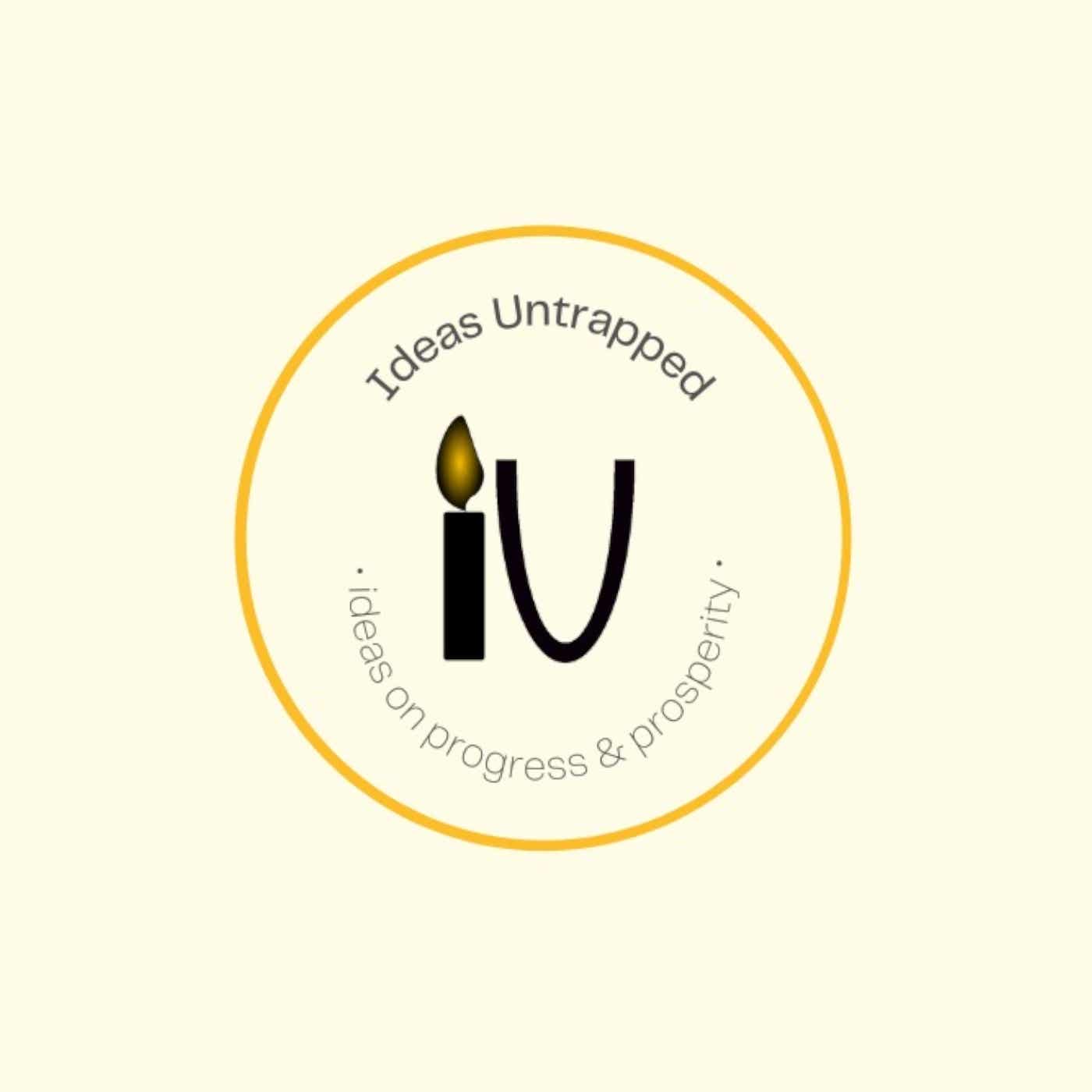FOOD POLICY AND ITS CHALLENGES
Description
The invasion of Ukraine by Russia - and the ensuing war - has brought food prices back into the news. This is happening on the back of the Covid-19 global pandemic that also disrupted the food supply chain, causing shortages and rising prices in many countries. So how should countries set national food policies in the face of risks and uncertainties? This is the subject of my conversation with agricultural economist Fabien Tondel. He is a researcher and Policy Officer with the European Centre for Development Policy Management - an independent think tank with a focus on making development policy work in Europe and Africa.
Fabien's work encompasses research on agri-food value chain development, rural development and food security in Africa, and building sustainable food systems. The background to our conversation is this report (which Fabien co-wrote) on the rice value chain in West Africa. Rice is a staple in the region, it’s a commodity that has been at the heart of diverse food policy approaches (see this essay on the politics of rice policy in Ghana and Nigeria) from Nigeria to Ghana and Senegal. Fabien and I covered many of the subtle but familiar themes in food policy - like the difference between food security and self-sufficiency, whether there is a dilemma in using policy to protect producers or consumers, and the ever-present threat of food inflation.
The transcript for the conversation is available below, and you can listen to this and many of our episodes on all popular podcast vendors.
TRANSCRIPT
Tobi;
I mean, like you and I were discussing earlier, a lot of the issues we tried to talk about last year, particularly in the report that was released by your institution back then on rice and the rice value chain.
But not just that, food policy and production, particularly in Africa, West Africa, generally, are even more relevant today, because a lot has happened, some of the effects from the pandemic policies are really feeding into the system.
We are seeing the rise in prices, we are seeing a lot of shortages, we are seeing a lot of supply chain problems. So, I think it's even more relevant to be having this conversation right now.
I would like to start by asking you...it might sound a bit trivial, but in your reports released last year, why rice? I'm asking this against the background of Nigeria.
Currently, the government is also talking about rice, I mean, it is towards the end of the year, there is a lot of anti-importation reaction from the policy circles. So, I guess, out of sheer curiosity, why Rice, rice is a bit of a political... we call it a political crop here in Nigeria.
So why focus on rice, if you can answer that for me briefly?
Fabien;
Yes, Tobi. Rice is a highly politically charged product in many countries, in African countries, as well as in other parts of the world. Rice is an increasingly important part of the diet of African country populations, particularly in urban centers, where consumers enjoy this product because of its quality in terms of food, its taste, and also the ease of preparation, households find it very practical.
And we've seen the consumption of rice increasing rapidly in African countries over the past decades, including in Nigeria. So, this is not a new phenomenon. We have seen it coming now for several decades, and at the same time, the policymakers have put a lot of emphasis on increasing rice production with the idea of satisfying the needs of their populations, with the idea of attaining self-sufficiency.
Because up until now, imports of rice coming largely from Asian producers, but also from other countries have played a big role in satisfying the needs of these populations. And so, policymakers have found themselves in a difficult spot to satisfy the needs of the important critical needs of the population, but at the same time to deliver on the promises to boost domestic rice production as part of agricultural development strategies.
So yes, i
More Episodes
Published 04/27/24
In this episode, I had a conversation with economic historian Johan Fourie, who is a professor of economics at Stellenbosch University, and the author of one of the most enjoyable books on economic history called Our Long Walk to Economic Freedom. We spoke about the resurgence of economic...
Published 03/20/24
Published 03/20/24


